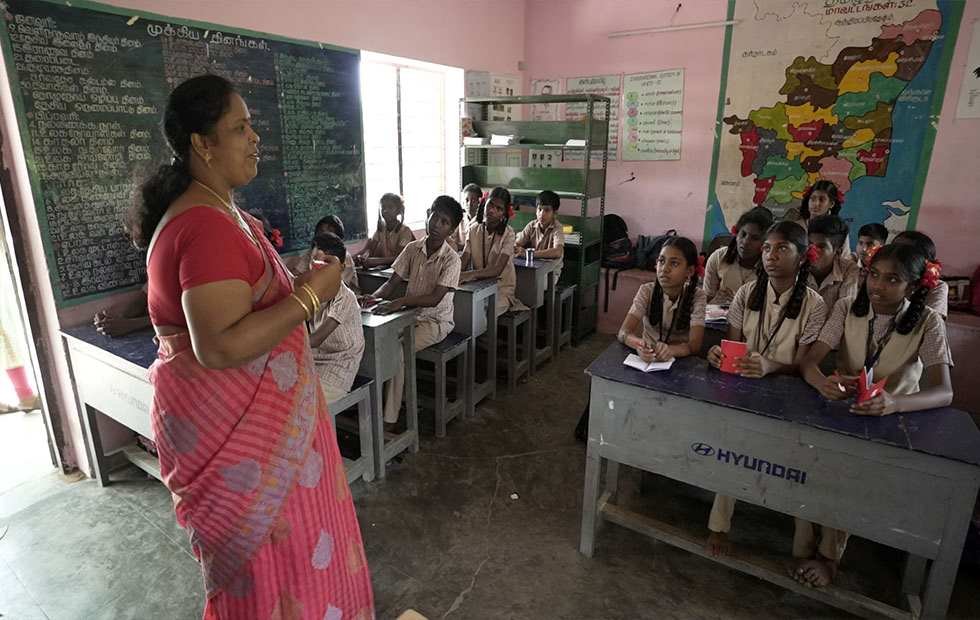
The youth in India, particularly those from economically weaker sections and other intersecting identities, continue to struggle with attaining economic self-sufficiency. With limited job opportunities and the waning appeal of low-paying city jobs, young people—especially women—are increasingly seeking alternative means of livelihood, often within their own communities.
Studies have shown that youth in India possess an entrepreneurial mindset, as well as the necessary skills, local knowledge, and motivation to develop viable solutions that can truly make a difference in their communities.
However, insufficient entrepreneurial training, mentorship, and financial support are the roadblocks for many of these individuals to convert their ideas into viable businesses. Sadly, without formal business incubation, access to markets, and funding, many of such talented young people are unable to achieve their full potential.

Bridging the Gap: The Youth Innovation and Action Lab (YIAL)
To respond to this gap, YIAL was created as a response to the challenge of promoting youth entrepreneurship. It is a business incubation and acceleration program aimed at the mobilization of youth to address local challenges through creative and innovative business solutions.
Using direct mentorship accompanied with hands-on training or funding, YIAL promotes youth entrepreneurship in alignment with national objectives like Make in India, Start-Up India, and One District-One Product.
YIAL equips youth with: a) Structured incubation and mentorship to refine business ideas; b) Hands-on training in financial literacy, business strategy, and market access; c) Seed funding and investor linkages to kickstart enterprises and Exposure to sector experts and real-world business models. More importantly, the process attempts to embed a problem-solving mindset, fosters resilience and economic self-sufficiency, reducing dependency on low-wage employment or migration. YIAL operates at grassroots levels by working with the youth within their communities, leading to higher participation, particularly from young women, and fostering local economic development. These localized designed thinking approach makes YIAL unique from traditional incubation models which often need heavy investment or metropolitan city access.

Transforming Lives, Strengthening Communities
YIAL is in its early days, but has already provided over 300 young entrepreneurs with the necessary funding to develop more than 30 creative business models. These account for diverse industries such as sustainable products, food services, and digital solutions, all together resulting in economically self-sufficient communities.
YIAL is changing the narrative of youths like Puja Kumari who co-founded a successful food business in Patna, and Priya who surmounted a host of personal challenges to spearhead a textile upcycling project. Some still face overbearing financial constraints, but all have learnt important business skills which helps them navigate the daunting entrepreneurial world.
Driving Forward Youth-Led Growth
With support from key corporate partners, YIAL is poised to expand its impact, equipping more young people with the tools to drive local innovation and economic transformation. By integrating with broader skill development and enterprise promotion frameworks, it aims to contribute directly to India’s vision of Vikshit Bharat (Developed India).
Authors-
Pranab Kr. Chanda
Head, Economic Wellbeing, Bal Raksha Bharat
Sheetal Srinivasamurthy
Manager- Partnerships, Bal Raksha Bharat



















